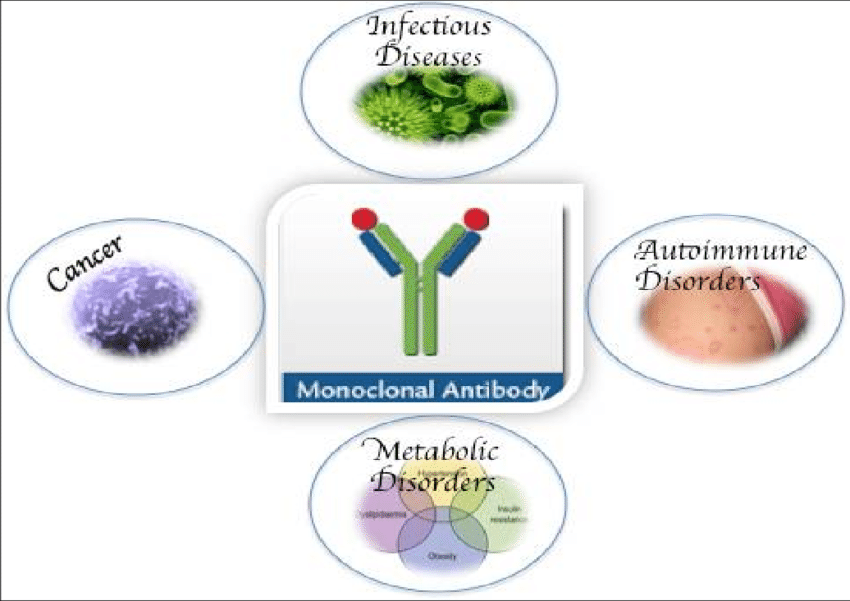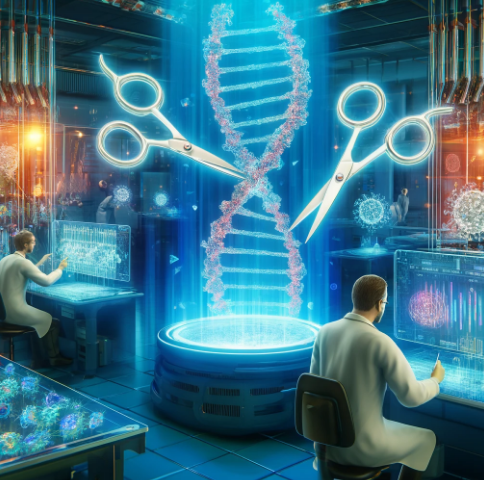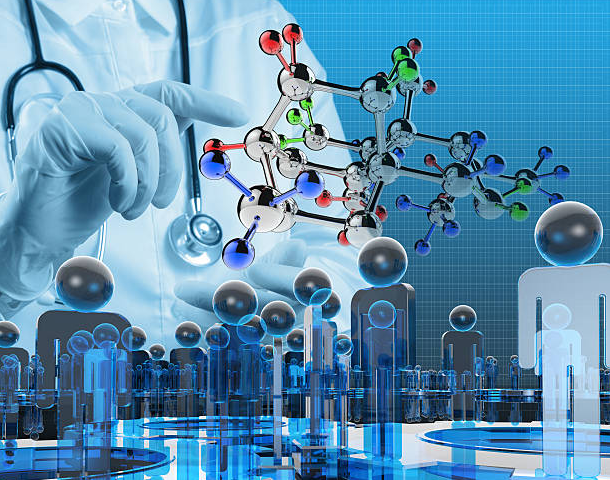Artificial Intelligence in Drug Discovery: Accelerating Pharmaceutical Innovation
Introduction Artificial Intelligence (AI) is rapidly transforming the pharmaceutical industry, particularly in drug discovery and development. By analyzing vast datasets, AI can identify potential drug candidates, optimize drug formulations, and predict how drugs will behave in the human body. This technological advancement is not only speeding up the drug discovery process but also significantly reducing … Read more









